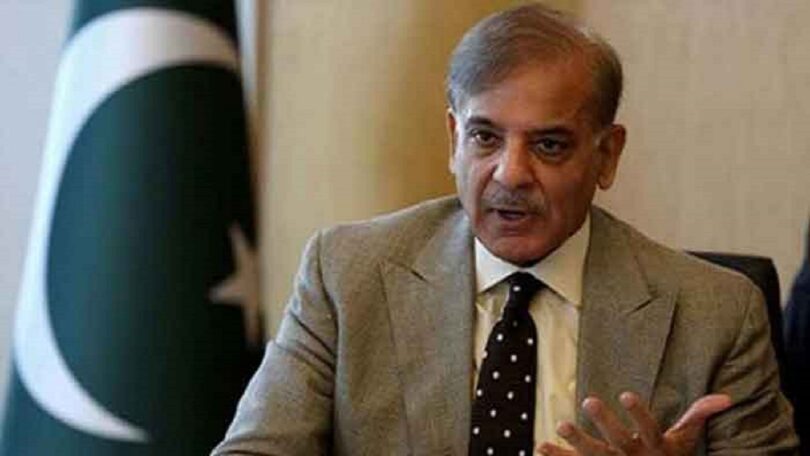The newly throned Prime Minister Muhammad Shehbaz Sharif has directed the authorities to ensure uninterrupted gas and power supply to the consumers during the holy month of Ramazan. He also directed for provision of every possible facility to the private sector, and local and foreign investors in the exploration of gas and oil, refining, and distribution of these natural resources. The Prime Minister was of the view that the government was not meant for doing business rather its responsibility was to extend all kinds of facilities to the private sector and ensure the protection of the rights of the consumers especially the vulnerable segments of society. He also asked for steps for the promotion of global investment in the exploration of Tight Gas and undersea oil and gas reserves to utilize huge potentials in Pakistan’s maritime sector.
Today’s Pakistan has become an epicenter of administrative and regulatory issues seriously affecting public life and civic activities of society. Kitchen heating and light are the essential elements and no household could survive without them. Unfortunately, those dearly needed utilities are now rare in major cities while the public is compelled to pay excessive bills for their partial or no availability. Historically, State-Owned Entities (SOEs) are the major producers and distributors of basic utilities including electricity, gas, water, and sanitation services, henceforth the majority of the enterprises face political interference, institutional corruption, and bulk operational losses or circular debt which has now shaped into an incurable problem in the country. The government and the State-Owned utility providers gradually shifted their operational losses to the consumers on account of indirect/ direct taxes, increased tariff rates, Fuel Price Adjustment (FPA), and multiple other heads without any remorse and accountability.
At the time, there is a permanent 3-hour electricity shutdown schedule across Pakistan in the summer wherein natural gas often is not available to consumers in major cities in winter from October through February and each household is compelled to use an LPG cylinder for cooking and heating purposes. Amid such gruesome conditions, the relevant authorities frequently raise the prices of gas and electricity at regular intervals. The matter became worse when local utility prices were conditioned with the IMF’s bailout package for Pakistan, which pressured the government to raise the prices of gas and electricity to address the growing issue of circular debt.
Although, Pakistani leaders accept ground realities and are aware of the public issues even then failed to resolve problems due to bureaucratic hurdles and pressure from the cartels. Over 200 State-Owned entities are currently indebted in loans and due for privatization but each government cut expenses from social sectors including education, healthcare, and Public development programs, and relentlessly channeled massive funds into those institutions in the name of reforms, restructuring, and rehabilitation.
Realistically, the government was not meant to do business, provide gas and electricity, or undertake mining or transport projects rather its responsibility was to extend all kinds of facilities to the private sector and ensure the protection of the rights of the consumers while taking care of social sectors and public wellbeing. Now a publically elected government has assumed its responsibility. Mr Sharif and his team must work in the larger interest of the public through surgical reforms in all domains from governance to politics, police to Judiciary, education, healthcare, armed forces, industry and business, revenue and taxation, and multiple other avenues that need standardization and regulation by the government. It will not only enhance government control in all fields but also increase revenue through the formalization of the economy. Although nation-building is a tough job yet every step brings us closer to the destination.







